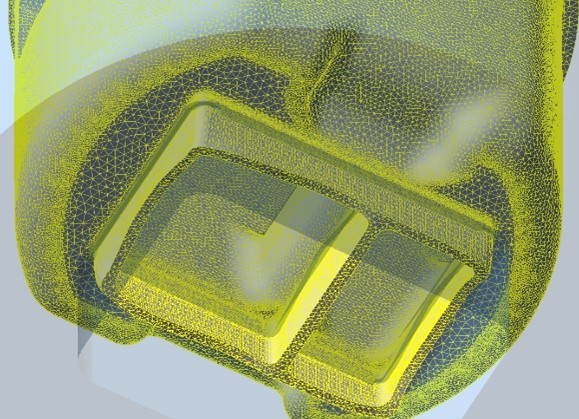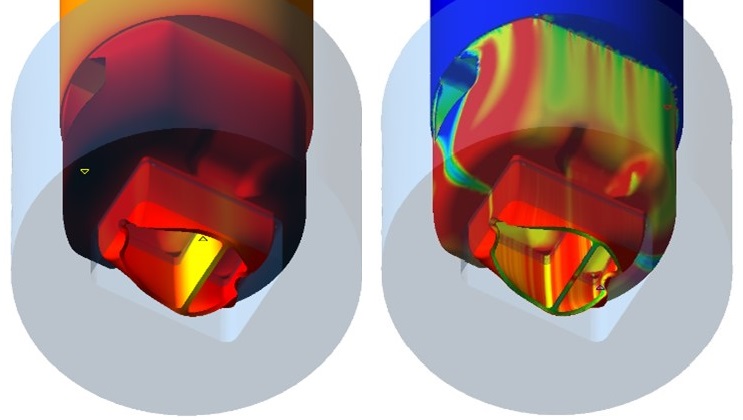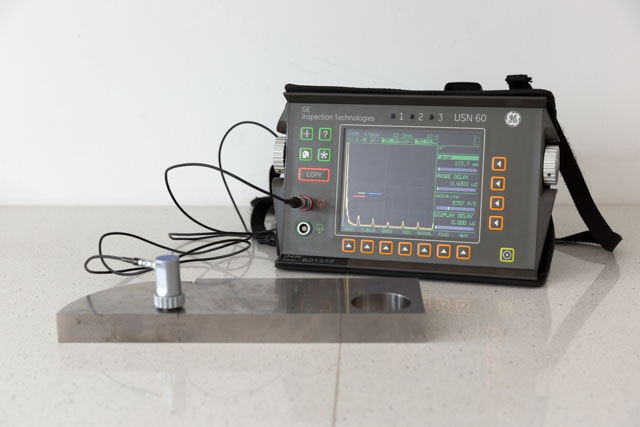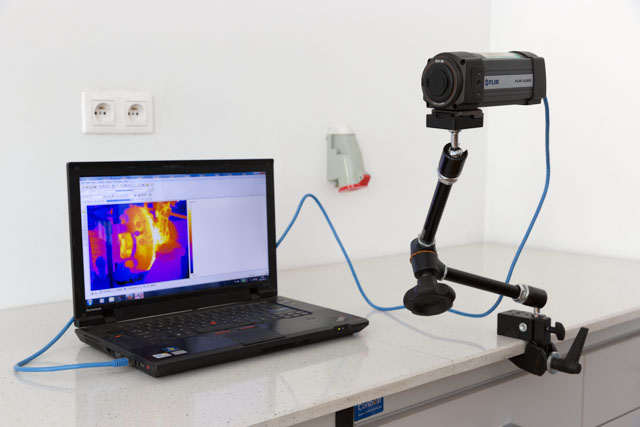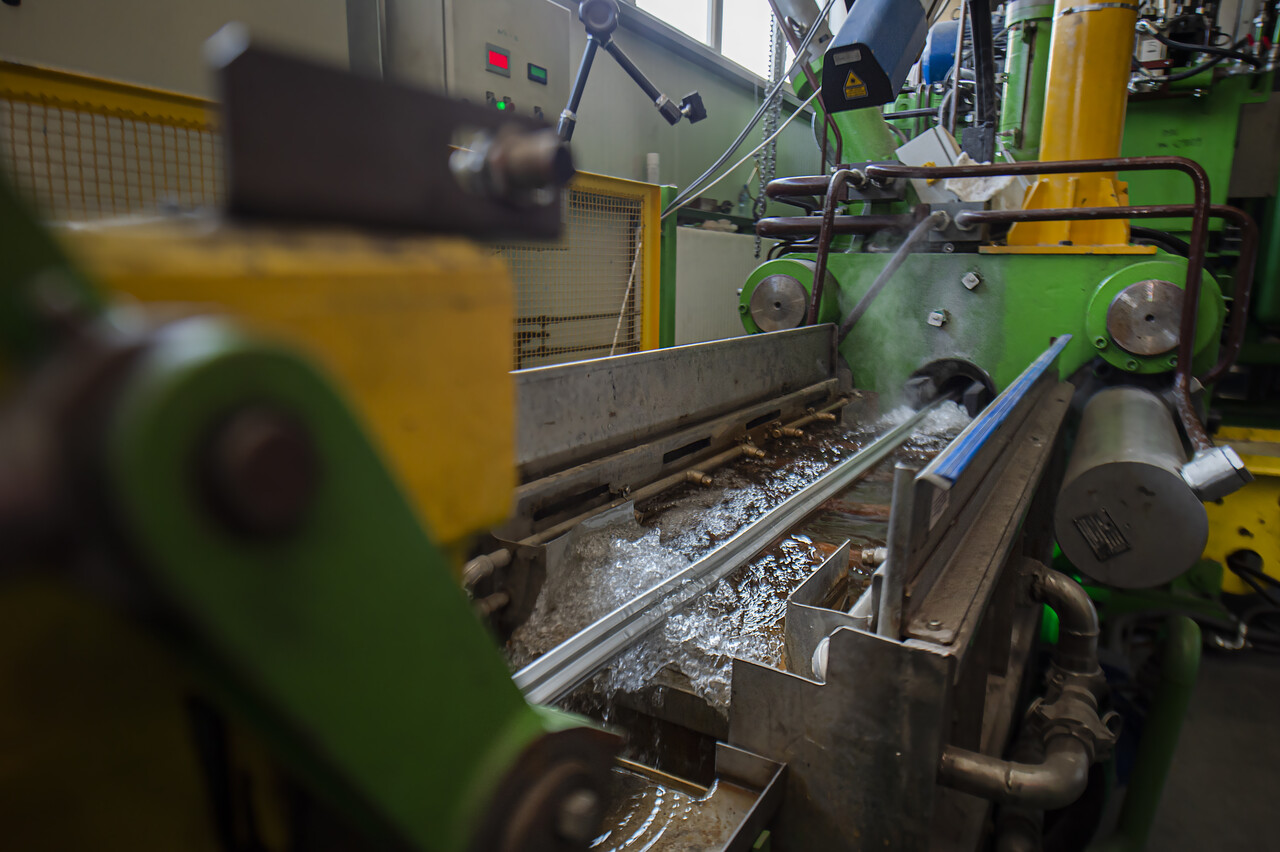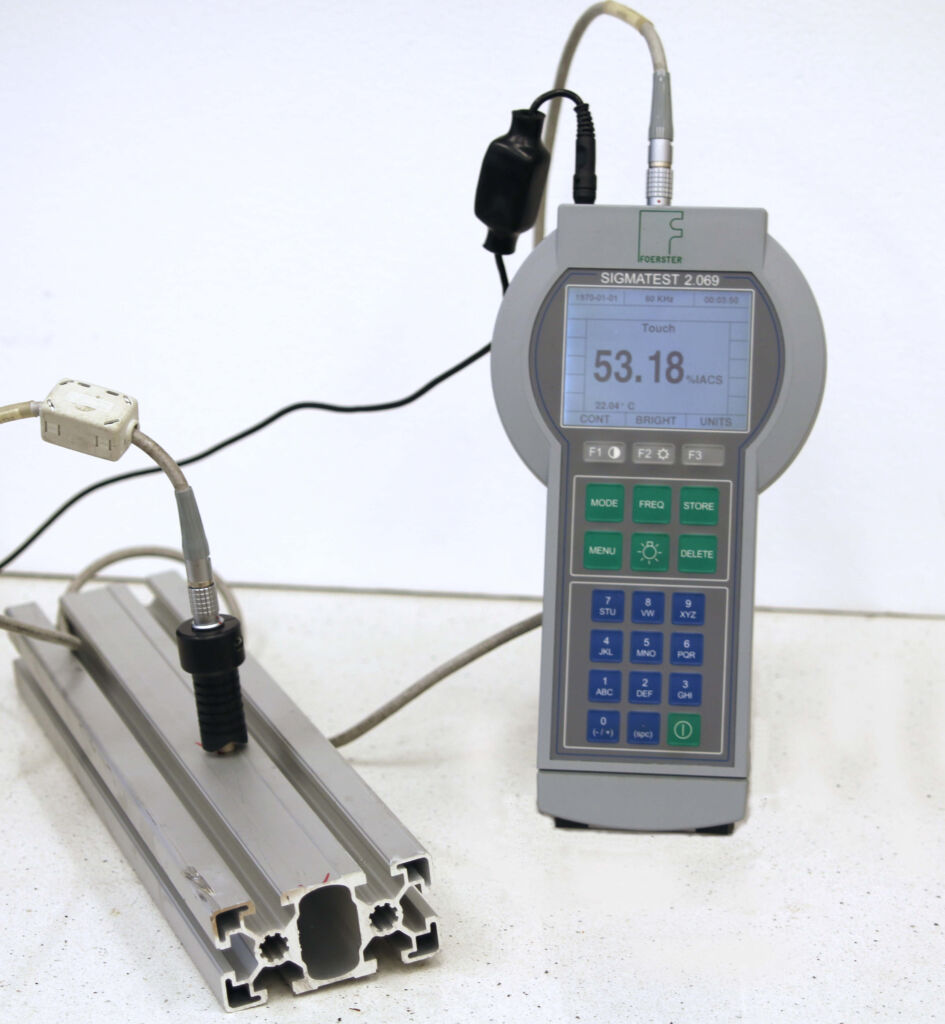Laboratory
Plastic Processing Laboratory
Plastic processing of light metals
The Light Metal Plastic Processing Laboratory specializes in developing new, modified and advanced technologies for producing semi-finished products and products in the processes of extrusion, die forging, drawing and other innovative metal deformation technologies.
In the design of plastic forming technological processes and tools, laboratory and semi-industrial lines as well as MES software are used to reduce costs and time, as well as obtain very precise results.
Using theoretical and practical knowledge as well as the possibilities offered by modern technological and apparatus equipment, the Laboratory carries out research and development work in the area of advanced technologies of plastic processing and material engineering of Al and Mg alloys along with their application in operational conditions.
RD scope
-
Development of technologies for co-rotating and counter-rotating extrusion of products made of Al and Mg alloys.
-
Die forging technology for products made of various input materials.
-
Development of new and modernized technologies for plastic processing of products made of Al and Mg alloys.
-
Modern technologies for producing advanced materials through cold/hot plastic consolidation in the extrusion process (composites based on Al alloys, Al alloys based on powders, chips, scrap).
-
Production of bimetallic materials
-
Development of heat treatment technologies for semi-finished products and plastically processed products made of Al and Mg alloys.
-
Technologies for producing gradient metal-ceramic, composite and layered materials
Offer
Laboratory offer
Ultrasonic defectoscopy:
- Location and assessment of material defects (detection, recognition and description of material defects)
- Measurement of geometric quantities (measurement of wall/layer thickness)
- Measurement of quantities characteristic of a given material (velocity and attenuation of the ultrasonic wave)
Electrical conductivity tests (for non-ferrous metals):
-
Verification of material and heat treatment as part of quality control
-
Determining the purity and uniformity of the metal
-
Strength and hardness monitoring
-
Detection of thermal damage in aerospace structures
-
Segregation of metal scrap
-
Wide measurement range from 0.5 to 65 MS/m (1% to 112%IACS)
-
Five working frequencies: 60/120/240/480/960 kHz
Video recordings using an ultra-fast camera:
- High speed recordings; up to 7500 frames per second at a maximum resolution of 1280 x 800 pixels and up to 1.4 million frames per second at a reduced resolution (128 x 8 pixels)
Industrial thermography:
- Measurements by imaging infrared radiation emitted by the surface of the observed object in the measurement range from -20 to 1200 °C, at a recording speed of 60 Hz and a sensitivity of 50 mK at +30 °C.
- Temperature analyzes using a PS3000 optical pyrometer with a scanning attachment
We offer technological support in the field of:
- Development of technologies for co-rotating and counter-rotating extrusion of products made of Al and Mg alloys in the form of bars, shapes, profiles or pipes intended for construction, automotive and aviation, as well as die forging technology
- Selection of devices and equipment for extrusion processes and die forging of products made of Al and Mg alloys
- Preparation and design of technological lines for plastic processing of products made of Al alloys (rods, forgings, wires, pipes)
- Advice on the selection of Al and Mg alloys, heat treatment status and manufacturing method for specific applications in the transport, energy, electronics industries, etc.
- Modern technologies for producing advanced materials and composites based on Al alloys
MODERN technological INFRASTRUCTURE
Equipment
- 2.5MN hydraulic vertical press PHC-250
- 5MN hydraulic horizontal press with heater, overrun and cooling system.
- USN 60 ultrasonic flaw detector by GE (Krautkramer)
- The SIGMATEST 2.069 device from Foerster
- MES software (Qform Extrusion 10).
- VisionResearch Phantom v710 high-speed camera
- FLIR A325 thermal imaging camera
- PS3000 optical pyrometer from Accurate Sensors Technologies 3T
- Pulverisette 19 universal cutting grinder with accessories
- Analysette 3 vibrating screener
- Furnaces for heat treatment of Al and Mg alloys
- LAC – input dimensions 1250x890x880mm, max. temperature: 850°C
- tool – input dimensions 700x600x600mm, max. temperature: 850°C
- dryer – input dimensions 2500x1000x800mm, max. temperature 300°C
Laboratory
Contact
Łukasiewicz Research Network – Institute of Non-Ferrous Metals
Plastic Processing Laboratory
Piłsudskiego 19 street
32-050 Skawina, Poland
Laboratory Manager: M.Sc. Eng. Krzysztof Remsak

